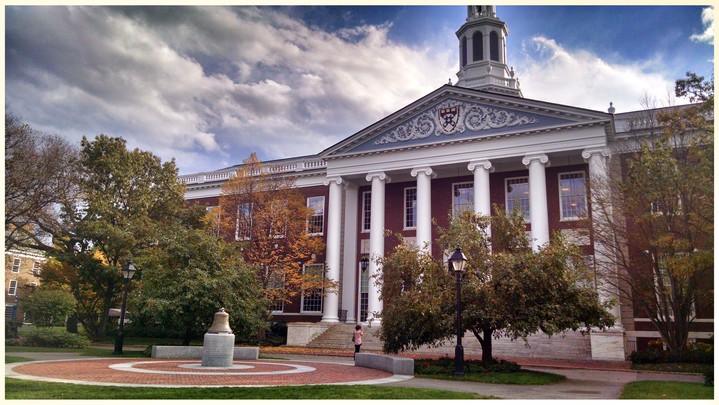Dozens of Harvard University professors who staged a "study-in" protest at the school's library earlier this month in solidarity with students disciplined for taking part in a pro-Palestinian demonstration have now been disciplined themselves.
Harvard has temporarily suspended 25 professors and more than 60 law students from using the flagship library on campus following the protest.
WATCH ANYTIME FOR FREE
Stream NBC10 Boston news for free, 24/7, wherever you are. |
“I pulled out my phone and I had a form email from a generic email address from library administration that let me know that I am not allowed to go into the library at the university where I teach," said Harvard Law Professor Andrew Crespo, who is one of the professors banned from the university's library for the next two weeks.
“I am disappointed and I’m angry," he added. "If we become a place that starts punishing people as has now happened to me and to a number of my students for sitting quietly in libraries … we have seriously lost sight of what the purpose of this place is and what our mission is.”
Get updates on what's happening in Boston to your inbox. Sign up for our News Headlines newsletter.
About 25 professors had staged a demonstration on Oct. 16 in response to the university suspending 12 pro-Palestinian students from the Widener Library back in September. They wore black scarves while reading books about academic freedom and dissent.
“If we’re punishing people for sitting and reading those ideas, it suggests that we’ve lost sight of how important those ideas are,” Crespo said.
NBC10 Boston reached out to Harvard for comment. Rather than providing a statement, the university sent us an essay written by Harvard librarian Martha Whitehead, who wrote: "An assembly of people displaying signs changes a reading room from a place for individual learning and reflection to a forum for public statements.”
“I think that what you’re seeing here is part of a year-long coordinated attack on higher education across the United States” said Crespo, who added that the response to the university trying to silence professors is to speak up -- meaning it's likely that tensions will continue to rise in Cambridge, Massachusetts.




